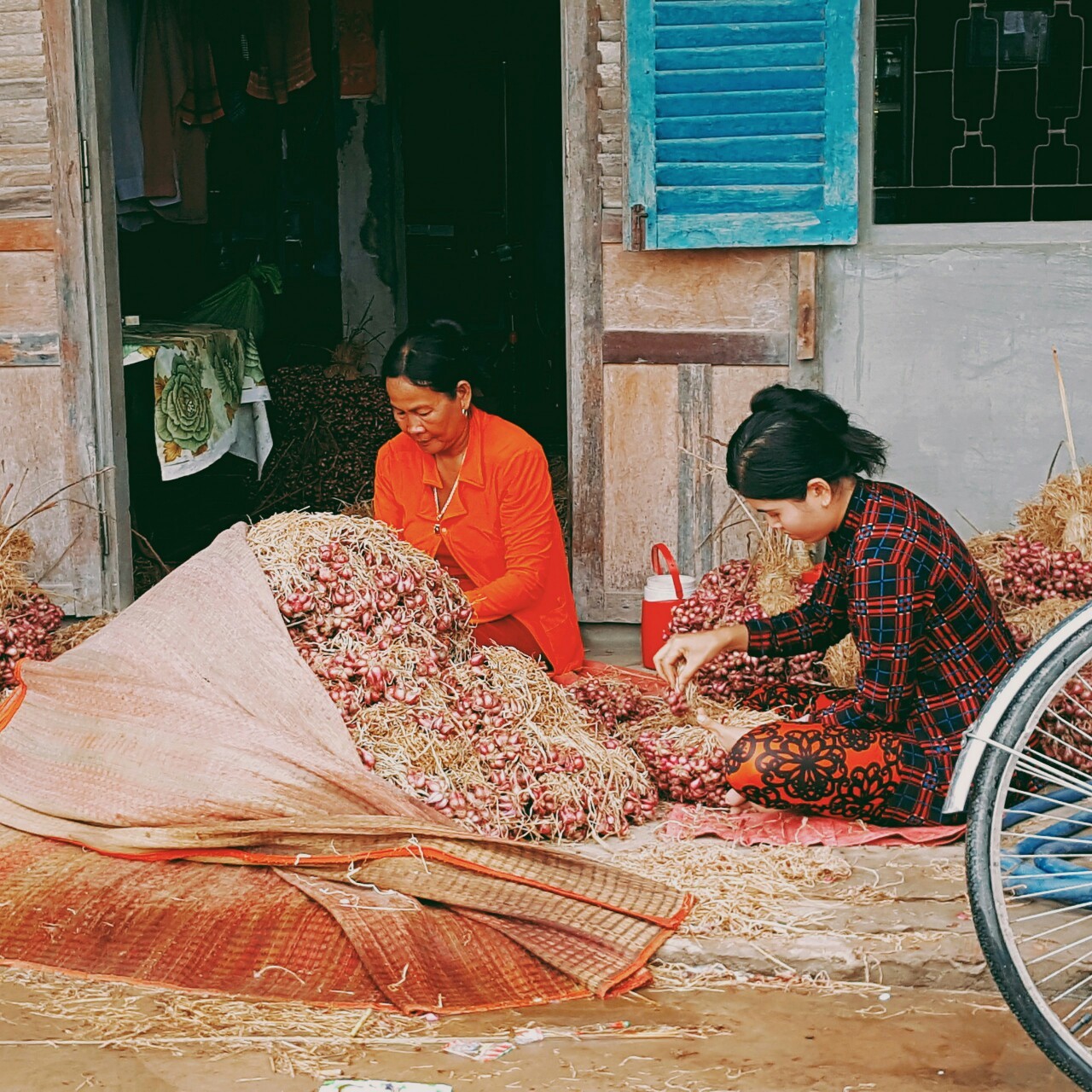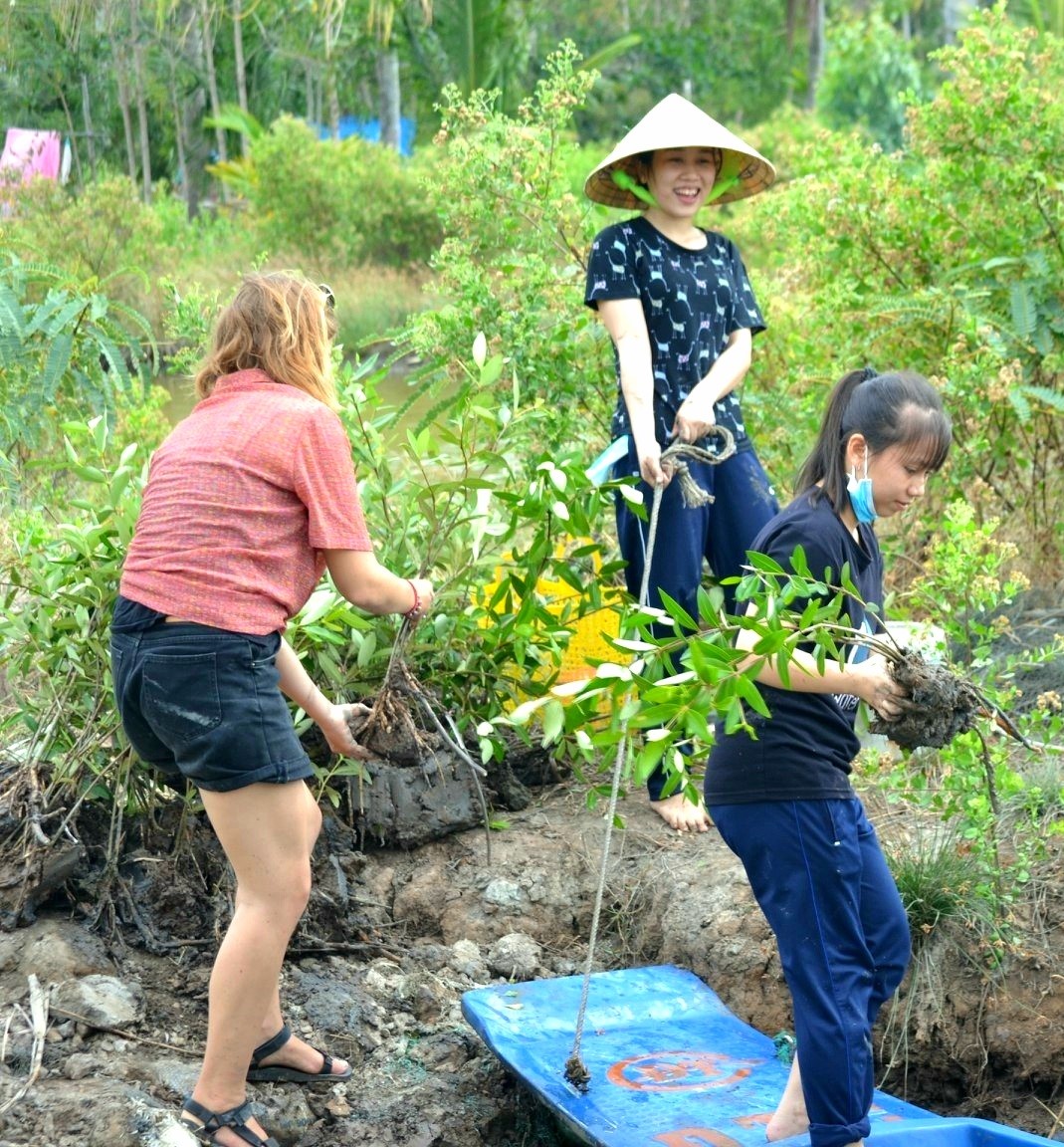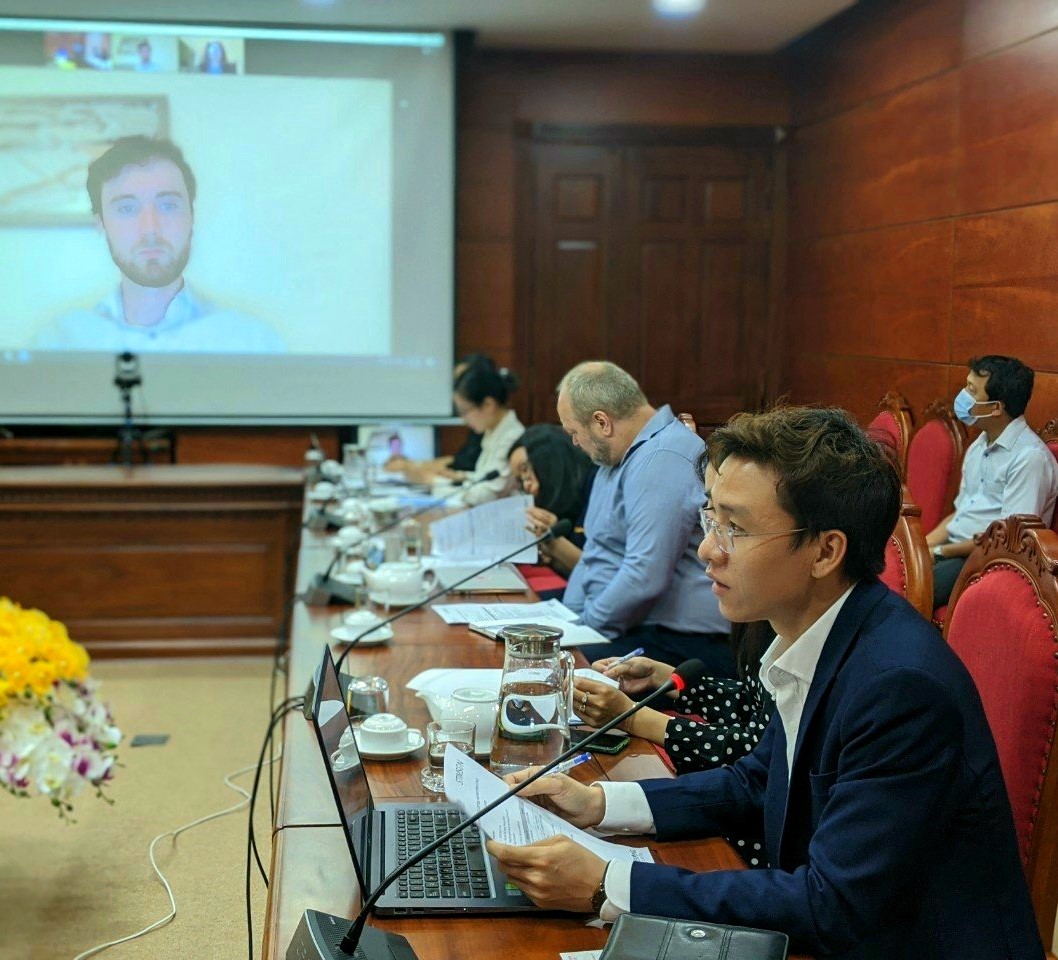About MEF
- Mekong Environment Forum, or MEF, is a non-for-profit and independent organization for environmental scientific information, news and studies of the Mekong-nurtured ecosystems and wetlands, including the Lower Mekong Delta.
- MEF began as an initiative championed by Nguyen Minh Quang and James Borton, and was established in June 2017 out of their shared passion for Mekong environment and wildlife.
It is staffed by a group of committed individuals, and supported by a wide range of contributors many of whom are environmental activists, independent experts, students and volunteers in the Mekong Delta. - MEF was formed in response to the public’s growing concern about the impacts that Mekong mainstream dams and climate change would pose on the Lower Mekong Delta’s water and food security, and the livelihoods of millions of people.
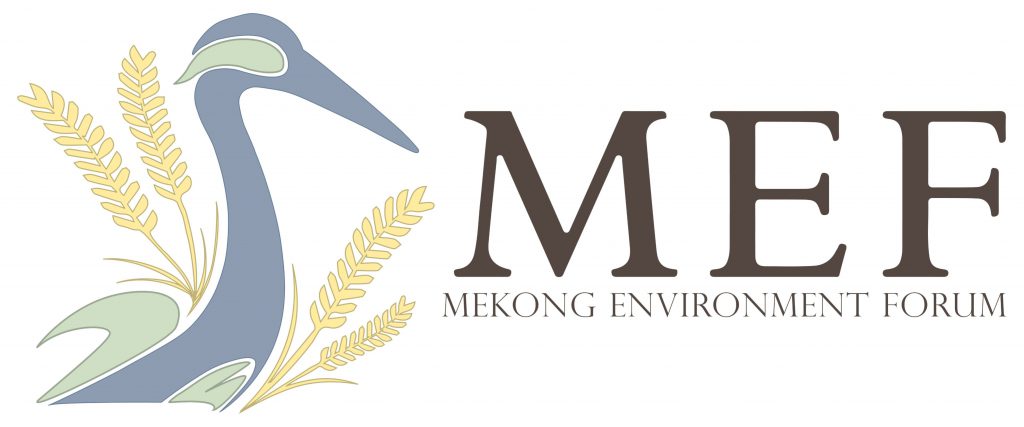
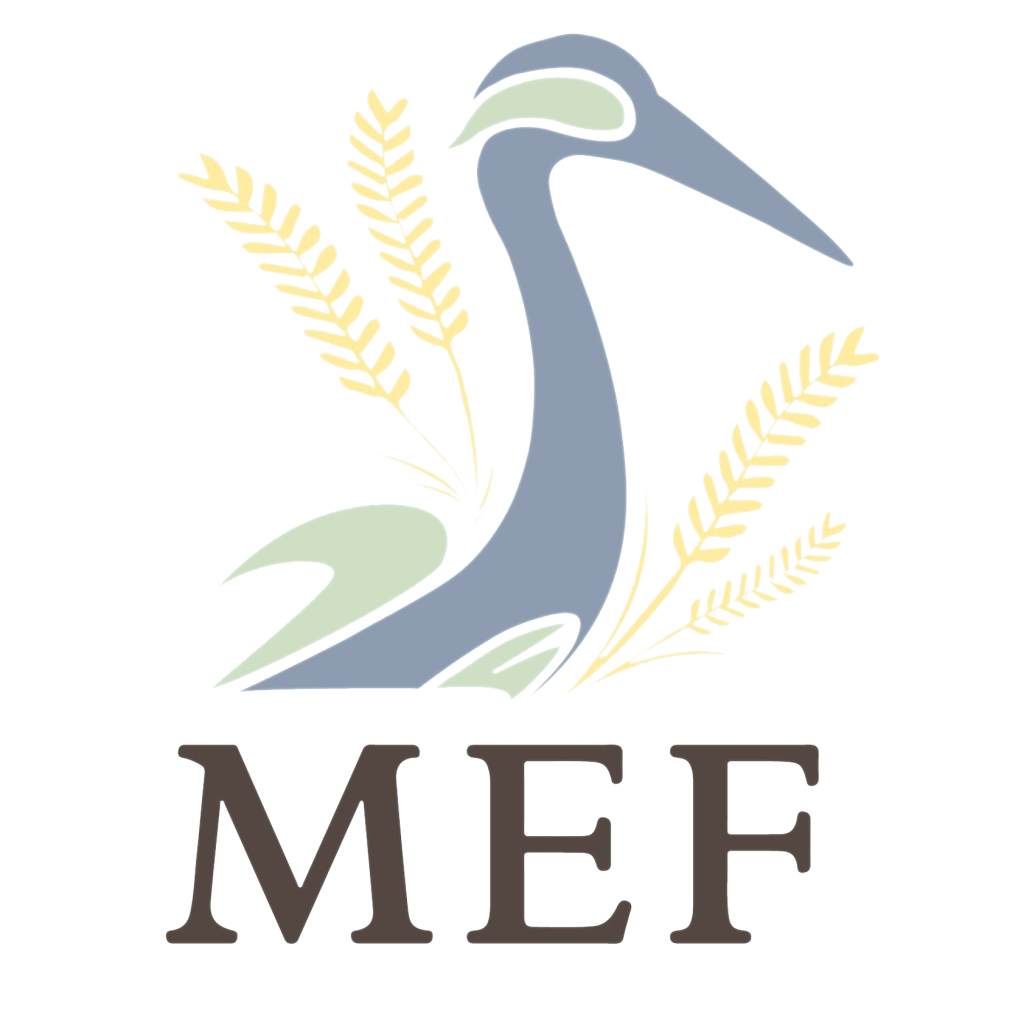

 Our Mission
Our Mission
